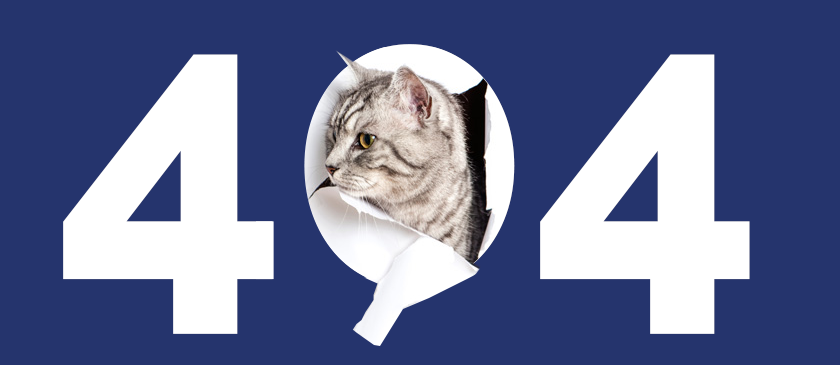404 Page not Found
Page not found!
The page you are looking for either doesn’t exist or has been moved
What do I do now?
1. Check you have typed the url correctly and try again.
2. Navigate to another page using the menu.
3. Click here to go back to the home page.
4. If you’re still experiencing problems contact us here

